Improving Digestive Health
Look around and you will see that the developing world is rapidly moving away from the rural areas and into the cities – in fact, by the time 2050 rolls by, 70% of the human population will be living in cities. With the move away from farm life, fresh air, healthy organic food, and outdoor activities, the norm for the urban lifestyle of today is to follow, particularly, the Western style of eating. People all over the world, because they are earning more as well, their lives have become stressful and hectic. They are eating more calories and adding more meat to their diets. Michael Pollan, in his writings which span over 30 years, writes all about the places where culture and nature intersect – on our plates, in our gardens, on our farms, and in our minds. It was he who said we should “eat food, not too much, mostly plants,” – unfortunately not too often followed. Today, more than half of America’s people eat “ultra-processed foods,” relying on the Western diet. What’s the Western diet? It consists of plenty of processed foods, added fat, meat, added sugar and refined grains. Invariably, these people suffer from the so-called Western diseases by following this lifestyle – Type 2 diabetes, obesity, cardiovascular disease, and cancer. Unfortunately eating processed foods; you get very little nutritional value, just empty calories. Obesity is simply soaring, and in 2014, there were more than 600 million obese adults; with 2 billion being considered overweight – that’s what the World Health Organization claims.
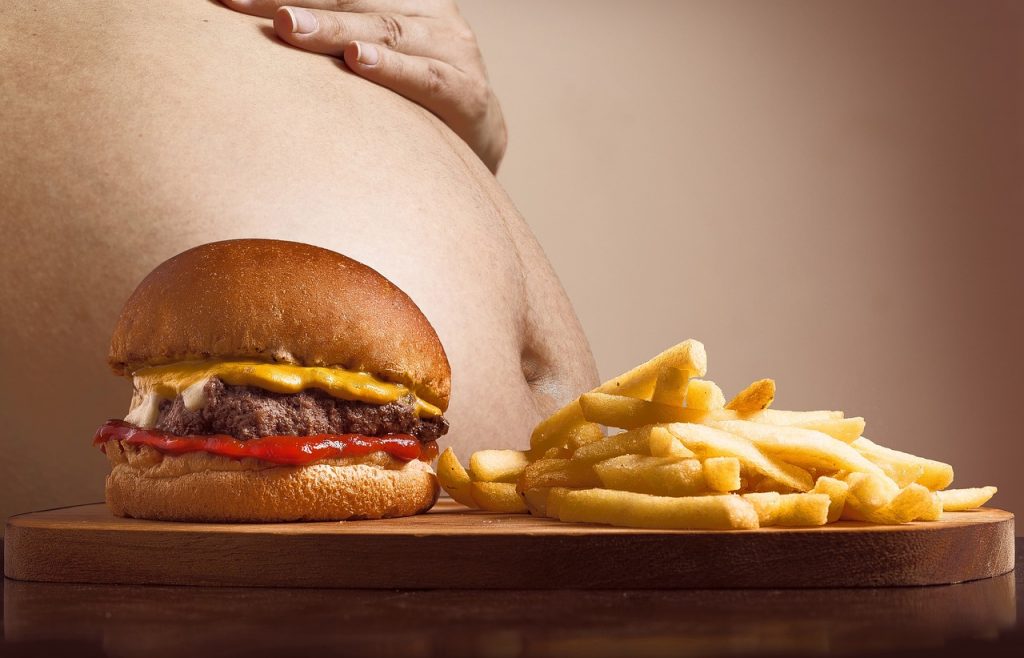
Being obese makes you susceptible to disease. Your body falls prey to inflammation, opening it up to horrible diseases like cancer and stroke, arthritis, heart disease and the like. Have you noticed how many people today need joint replacement surgery? It is because of the extra pressure and wear and tear on the joints and it’s happening to younger people too. Also linked to obesity is diabetes, which affected over 374 million people back in 2014, and on the rise. What about cancer? It has been found that men who consume the Western diet are at high risk of dying from prostate cancer which is linked to colon cancer which is linked to inflammation and bad gut bacteria.

High processed, refined foods which are common to the Western diet are loved by the people but disliked by the body because it throws the whole immune system out of sync. The culprits are those foods that contain things like palmitic acid and fructose; ingredients that you find in sweets, which can start an immune reaction in your body. It is only a change in the diet to remove any exposure to these types of food components that will be able to restore the immune system and top priority is your digestive health.
What causes digestive health problems?
- Eating few vegetables and fruit

You might have remembered your granny telling you to always eat up your fruit and vegetables, but it really is a biggie. She was perfectly right. Fruit and vegetables literally do contain so many of the nutrients that the body needs, and this includes carbohydrates, proteins, vitamins, fats, enzymes, and minerals. Even though people know fruit and veggies are good, they still don’t eat much of it. It is because the food companies make more money on the foods that contain sugar, wheat, dairy, and meat, which they love to market as beneficial to your health. They reach millions of people through television, radio and the like. All the foods that we see advertised and marketed are processed foods, high in sugar, salt and fat and people lock into that big time. The most popular vegetable eaten today is probably the potato because it is converted into French Fries, with tomatoes, lettuce, and onion coming up close behind.
- Not eating foods that contain enzymes
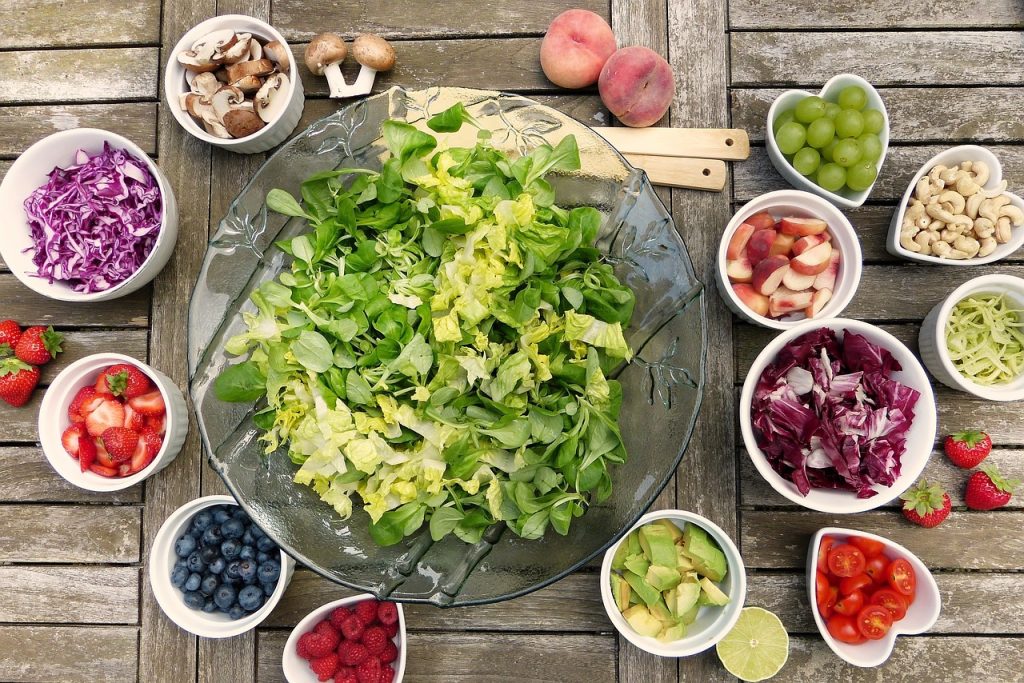
Raw foods and fermented type foods contain enzymes. Enzymes are very vital for the body, particularly digestion. If you are cooking most of your food, you no doubt are not getting any enzymes in your diet, because cooking kills enzymes, even more so in the processed and fast food businesses.
- Drinking beverages high in sugar
Today, highly-processed sugar bombs are what are replacing the more nutrient-dense type foods. This is leaving people both undernourished and overfed. If you are looking for one easy target to get started with, the worst offenders are probably sugary fruit drinks and sodas. And much of these offenders are sold with the word “healthy” on it. Naturally, we all love food and it’s a pleasure to enjoy. It is not that you should cut out sugar entirely; although you might have to if you have some concerning health problems. But apart from that, moderation in everything is the key.
- Eating processed foods
Most people know that when it comes to the Western diet, it’s all about fast this, fast that and fast foods too. People look for quick, easy and convenient ways of eating their food. This makes processed foods such a ‘blessing in disguise’ to millions of modern families. Unfortunately many do not realize that along with the modern way of eating processed foods, comes a long list of modern diseases as a result. If you love popping your foods into the microwaves, you love the easiness of canned foods; it might be time to start looking at your health, particularly your digestive health.
- Eating industrialized animal products like cheese, meat, and milk.
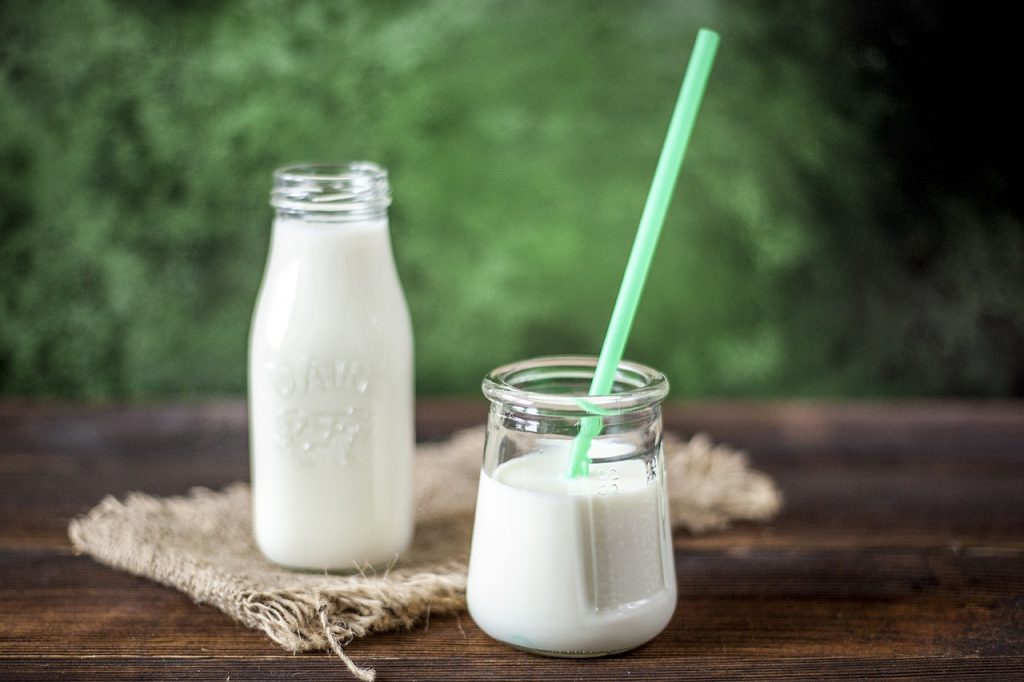
Even though animal products are part of our traditional diet, there are still issues with some animal products that form part of the Western diet. Cheese, milk, and yogurt are healthy foods, but sadly, many of the animals that produce these products have been fed and raised industrially. You can be sure that plenty of pesticides have been sprayed over the plants that the animals eat, and plenty of antibiotics added as well. The poor animals are raised away from spacious grassy pastures, their natural abode, and diet. This means that products that you believe are healthy, are actually coming from sick animals that ingest antibiotics, pesticides and being fed food unnatural to them; grains. Nature designed cows to naturally forage. Grain diets for cattle lead to the cattle experiencing serious health issues as well. It’s no wonder your digestive system has gone awry! Today, we are consuming animal products that have been processed industrially; to further the production of hot dogs, salami on your pizzas, bologna, burgers, cheeses, sausages – all loaded with sugar and salt, food additives, colorings, and preservatives. If you want to avoid health problems, you need to start to reduce your intake of animal products, unless you know of places where the products are not processed. If your cheese, eggs, yogurt, and meat are produced organically from pasture-fed animals, then eating them in moderation is OK.
- Eating wheat products

Our bodies are not supposed to eat baked foods or cereals that have been processed; i.e. made from modern refined flour and hybridized wheat. The grains eaten a couple of thousand years ago have no resemblance to the grains we eat today. In Biblical times, three types of wheat existed – Emmer, Triticum aestivum and Einkorn along with other grains. Today, there are over 25,000 species; mostly created in labs to make them disease resistant and to produce high yields. All these hybridized strains cause major allergies and have been sprayed with chemicals and pesticides. The grains of Biblical times were nowhere genetically near to the grains eaten today. Back then, they were also prepared completely differently. Today, millions of people suffer from gluten intolerance from wheat products. Since as early as the 1960s, minerals in wheat have decreased hugely with the introduction of the semi-dwarf cultivars. Semi-dwarf wheat is the wheat grown today, the most dominant variety, developed in Mexico between the 1940s-1950s by Dr. Norman Borlaug, a plant pathologist.

He wanted ways of increasing wheat yields and to make the country more self-sufficient in the production of food. Today, yes, the high yields are there, but they have lost all their nutrition. When you eat a lot of carbohydrates, you are triggering off insulin mechanisms and surges of glucose-insulin in your body. This leads to obesity, usually on the belly and thighs. If you believe you have gluten intolerance and you are overweight because you are eating a lot of wheat products, you need to start reducing your consumption. Many Eastern countries are starting to embrace this modern way of eating as well, and getting sick and tired and overweight as a result. It is time to start cooking fresh again, using quality foods and ingredients.
Good digestion is the foundation to good health
When you understand the whole digestive process and learn about helpful tips to keep it healthy, you will be able to diagnose as well as treat your own digestive issues. Having a healthy digestive system is imperative to good health; in fact, it’s the foundation to good health.
- The digestive system consists of hormones, nerves, blood and bacteria. They all work together to do an intricate job of digesting all the liquids and foods that are consumed on a daily basis. The digestive system also interacts with all the other systems of the body.
- There are digestive juices with enzymes in them that speed up all the chemical reactions in your body, breaking down the food you eat into nutrients.
- Cells are to be found in the lining of your stomach and also the small intestine which release and produce hormones. These stimulate your digestive juices and regulate the appetite.
- Nerves are also to be found by which the digestive system is controlled. These nerves connect digestive organs to the spinal cord and the brain, releasing chemicals that contract or relax your muscles. There are also nerves in the GI (or gastrointestinal) tract that get triggered when food is present, enabling the digestive system to function properly.

How do you keep your digestive system healthy?
You simply cannot afford to let your digestive system become ill. Here are some important steps to help it to function efficiently:
- Chew your food well before swallowing. Chewing is imperative for proper digestion because the more the food is broken down in your mouth, the less hard work the digestion system has to deal with. Your brain also needs time to get the message that your stomach is full – rather allow your stomach to prepare for the food that it is going to receive.
- Fiber, fiber, and more fiber keep the food moving easily through your intestines. Soluble fibers such as whole grains and veggies absorb water and prevent stools from being too watery. Insoluble fibers help by adding bulk to your stools. Fiber also helps to break down any fatty foods you have eaten.
- Drink plenty of water – because the water helps to dissolve the soluble fiber, allowing your food to pass through the intestines easily. When you have too little water, you have harder stools which make it more difficult to pass through your colon.

- Get moving because exercise also moves the food easily through the digestive system and increases the flow of blood to all your organs. Exercises tone the wall of the colon to reduce anxiety and stress because this can play havoc with your digestive system. How many people have IBS – irritable bowel syndrome? What about ulcers? – All stress related. Getting enough sleep is important too.
- Eating warm foods is being friendly to your spleen. The spleen does not like the cold. The digestive enzymes also break down foods properly that are warm. It is the cold foods and drinks that can cause the spleen not to work properly. Soups and warm teas and cooked vegetables are great.
- Give up smoking because smoking can really not only impair your digestive system but your health altogether. Smoking weakens your lungs. Nicotine is believed to relax the muscles at the lower esophagus which keeps acid in the stomach. This is where it belongs and when the muscles are relaxed, you experience acid reflux, you have heartburn and you start increasing your risk for gastrointestinal cancer.
- Cut down on alcohol. Sometimes when you drink a lot, your digestion gets out of sorts because acid secretion in your body is affected – also the absorption of nutrients. Heartburn, diarrhea, and liver problems are affected when your consumption of alcohol is unreasonable.

- Start to lose weight because just even a few pounds over your ideal weight can affect your digestion. It can affect the valve that is situated between your stomach and the esophagus which won’t close properly. When you lose weight, you ease the pressure so that your digestive system can continue to work properly.
- Taking probiotics and fiber are a couple of things that the Western diet lacks. The body has good bacteria and bad bacteria and maintaining the right balance is essential to your health. Probiotics are good bacteria; easing IBS and preventing infections and allergies.
- Get a screening test because colorectal cancer is the second top cancer in the USA. Fortunately, it can be cured with early screening and detection. Both men and women need to screen for colon cancer by the time they are 50, especially those who have a family history of colon problems.
- Eat mindfully: Sometimes we eat too much too quickly, especially if we are not paying attention. This can lead to gas, bloating and indigestion. Eating slower and taking notice of what you are putting into your system can reduce symptoms of IBS and even ulcerative colitis. In order to eat mindfully, eat slower, focus on what you’re eating, away from television and phones, notice how your food tastes and how it smells – simply enjoy your food, taking notice of everything about it.
These are food types that your digestive system loves:

- Apple cider vinegar
- Raw honey
- Kefir, made from fermented milk
- Plants like chlorella, spirulina, blue-green algae, seaweed
- Kim Chi which is a fermented type cabbage, a very popular Korean dish
- Sauerkraut
- Tempeh, made from fermented soybeans
- Organic yogurt with no added sugar

Want to help your digestion and strengthen it?
- Eat raw and cooked foods.
- Choose to eat smaller meals more often.
- Limit your meat and dairy products.
- Try and avoid eating grains, protein, and starch veggies all on the same plate of food.
- Try and avoid pasta and bread.
- Eat plenty of fermented foods.
- Drink probiotic beverages which contain active and live cultures.
- Ginger, cinnamon, and turmeric are wonderful digestive system spices.
- Use digestive enzymes.
- Glutamine is excellent amino acids that really support good gut health, helping a leaky gut.
- Zinc is a very useful mineral, in fact, critical for ensuring your gut stays healthy. A deficiency can lead to gastrointestinal disorders. Zinc treats diarrhea, leaky gut, colitis, leaky gut and other digestive problems.
Your gut is a disease fighter system in your body
Enzymes and acids work to sterilize your food. By doing this, your body is protected from infection and illness. Your digestive system aids in the function of the immune system through a cluster of lymphoid tissue that is to be found on the walls of your small intestine. Your gastrointestinal lining is actually exposed to the external environment of your system, enabling bad bacteria to gain access to your gut. The lymphoid tissue aids in monitoring the lining of your digestive system and if necessary will produce antibodies to fight off any ‘enemies’ of your gut.
The digestive system is home to different types of bacteria which play a very imperative role in fighting off disease and keeping you’re healthy. When an infection invades your body, the risk of cancer is increased. Good bacteria will fight off the infection but it is your responsibility to look after your digestive health in order for it to do its job and stay healthy. Scientists continue to study both the good and the bad effects of bacteria in the digestive system. Doctors have started using good bacteria to treat those who end up with life-threatening infections like Clostridium difficile (C diff) infection. It is the long-term use of antibiotics that can even lead to C. diff; severe colon inflammation.
The gut is like your second brain, very sophisticated, and affecting us all profoundly. When inflamed, you will know all about indigestion, bloating and pain which over time can become serious. There are fantastic mucilaginous herbs and foods such as linseed, slippery elm, chia seeds, fenugreek seeds and licorice root which support the healthy mucous lining of your digestive system. Raw foods have the necessary enzymes to support your digestion system like pawpaw and pineapple. If you eat more than 70% of your foods raw, you truly will notice a feeling of digestive ease and lightness. If your digestion is not working thoroughly, then toxic waste will certainly build up.
Consider your digestion system as that of a bank account – you need to invest in it to reap the rewards.






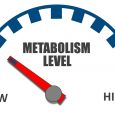

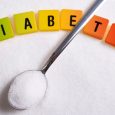

[…] those who take supplements such as protein.These bacteria play an important role in protecting your digestive system and the breaking down of […]
[…] in the New Year. So if you are committed to your New Year’s resolution of improving your diet and eating healthier foods throw away those vitamin supplements and make this the year where you […]
[…] dandruff – Bragg Apple Cider Vinegar is a good cleaning agent for the hair and scalp. It can replace shampoo as it can leave the hair and […]
[…] They’re also simply not healthy for you, so you could probably stand to avoid drinking them anyway. Next, you should try to cut back on beans. Beans are fairly healthy for you, so it’s not necessarily bad to eat them, but they do cause bloating. […]